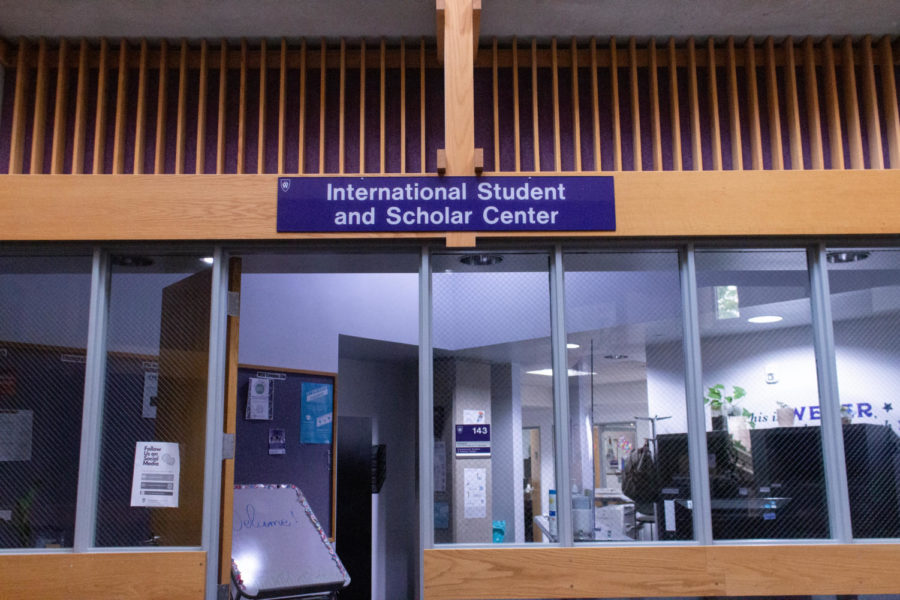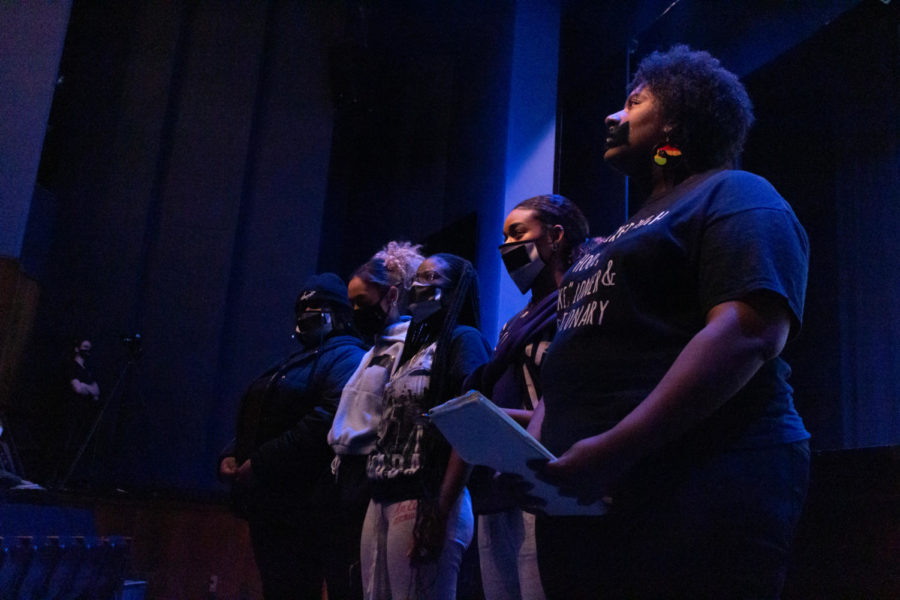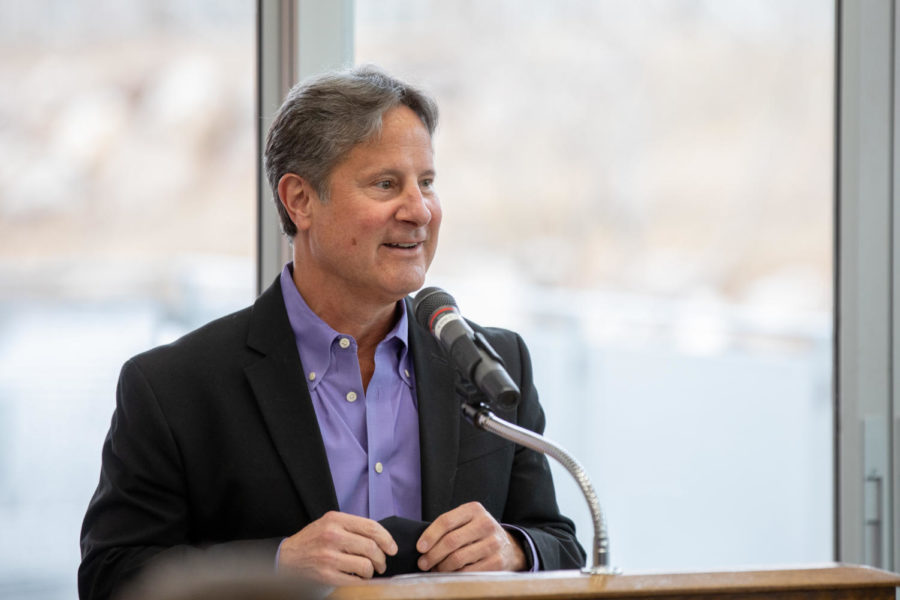The developmental math program made controversial changes to their placement policy this summer which led some to believe more students will placed into the program.
“Everything we are doing is based on the research on the best ways to learn, and not everyone learns stuff the same way. That’s why we’re offering choices,” said Kathryn Von Wagoner, director of the developmental math program.
The developmental math program now has four options: term, pathways, online and flipped. The flipped, online and term all use the same content. Term meets one day in a week in a classroom and students are required to spend two hours a week in the Math Hub as well.
The online class is self-paced and there is no classroom instruction. The flipped class meets four times a week and is based on group work.
In order to graduate from Weber State University, students need to obtain a quantitative literacy credit for their math courses.
Depending on their major, students are required to take either math 1030 or math 1050. Many students will have to come through the developmental math program to get there.
Von Wagoner said that the first thing a student should do when they decide which math class to take is to look at their major and see if they need 1030 or 1050. She recommends students that need 1030 to enroll in the pathways class.
Pathways, an experimental class that started last semester, serves as a prerequisite for 1030 only, combining content from Math 990 and 1010.
“It’s very different from a normal class,” said Janette Wilkinson, lead instructor of the pathways course. “In pathways it’s based on the theory that students need to be active in learning.”
She said the course takes a different approach in using groups to work out some problems rather than being focused on algebra.
According to Von Wagoner, 72 percent of last year’s graduating students could have taken math 1030 to obtain their degree. She said the pathways class is better for students who struggle with math.
Further, she said many students don’t understand there is a choice, adding that many students are making the harder choice by going thorough both Math 990 and 1010.
She claims the pathways class is the best option for students who traditionally struggle through math and do not need math 1050 to get their degree.
“Most people who struggle with math are in a major that doesn’t require (math) 1050,” Von Wagoner said.
The pathways class meets four times a week and is in its last semester of the pilot program. Von Wagoner said she is confident it will be renewed to a full-time class going forward.
Von Wagoner says they anticipate having enough space to accommodate students who wish to take the class.
For students who need Math 1050, Von Wagoner says, the student should evaluate if they do better in a self paced environment or if they need more structure than one would find in a flipped class.
Von Wagoner says some of the major reasons students don’t succeed in math is fear and anxiety, taking math classes they’re not ready for and not being able to put in the time.
She says to learn math a student should plan on putting in 10 hours a week during the semester.
“The students who are not successful are the ones not putting in the time,” Von Wagoner said.
Von Wagoner said she is willing to meet with any student who is struggling in math or has concerns about their math class.






